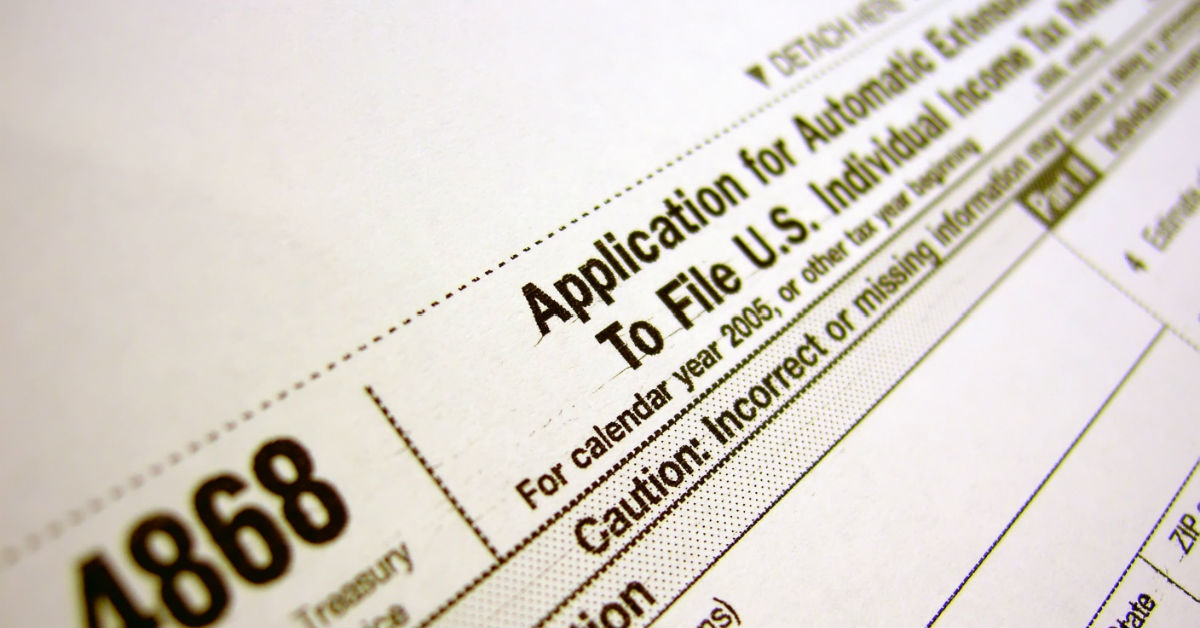
As you know, whether you’re an individual or business, you can lessen your tax liability by giving to charitable organizations during the year. However, giving to charity doesn’t necessarily mean giving out your credit card number or writing a check. Many businesses are getting more creative with their charitable giving, and are still getting the tax write-offs to which they’re entitled.
Business Giving Gets Creative
For example, Excel Rainman, a small company which offers spreadsheet outsourcing services and training, donates training videos they produce for Microsoft Excel. They give them to nonprofit organizations to help them understand their spreadsheet data and improve their skills. For write-off purposes, it’s worth $100 per user.
Another small company, The O’Hara Project, a New Jersey marketing firm, gives pro-bono public relations services to a local non-profit to help them get the word out.
Larger companies might also get creative with how they give money to charities. For example, tech giant Apple matches the donations employees make, up to $10,000 per employee, per year (they employ more than 80,000 people). Plus, for every hour an employee volunteers, Apple gives $25 to that non-profit organization.
The Perks of Your Generosity
While very few would give to charities for the sole purpose of tax write-offs, donations your resources definitely has its worldly rewards. You know you can reduce your taxable income, but here are some of the particulars:
- Tax deductions: You may be able to claim a 15-35% reduction to your taxable income.
- Immediate savings: Even if you didn’t make your donation until December 31, you can still claim it on that year’s taxes. It doesn’t even matter if the organization doesn’t cash your check until the next year. For credit card donations, you can claim the deduction for the year you made the donation — you don’t have to wait until you pay the credit card company.
- Deduct up to 50%: Sure, there are some limits on what you can claim (you can’t give 100% of your income away and owe zero taxes). However, you can deduct an amount that equals up to 50% of your income. And if you give more than that, you can carry over the extra for up to 5 years.
- Giving goods: Say you have aging computers you’ll no longer use. Giving them to charity is just as good as giving money. If your company has owned the items for at least a year, you can claim their fair market value as a tax write-off, just like you would a cash donation. And in the case of property that appreciates in value, you can claim a deduction for today’s value…even if it’s worth significantly more than what you paid.
- The feel-good factor: Businesses that give to charity, especially if they involve employees, build positive morale. They gain community respect, and form ties that go well beyond the financial perks. And who knows…while working with charities to arrange your giving program, you might make some great connections that serve both parties in the future.
When giving goods, services, or money to a non-profit, just be sure you keep good records and get an official receipt from that organization. Give those records to your accountant or CPA, and they can help you figure out how to get the most out of your donation. And don’t be afraid to think outside the box when it comes to donating. You may not always have the cash on hand to give, but you can always find a way to contribute.














